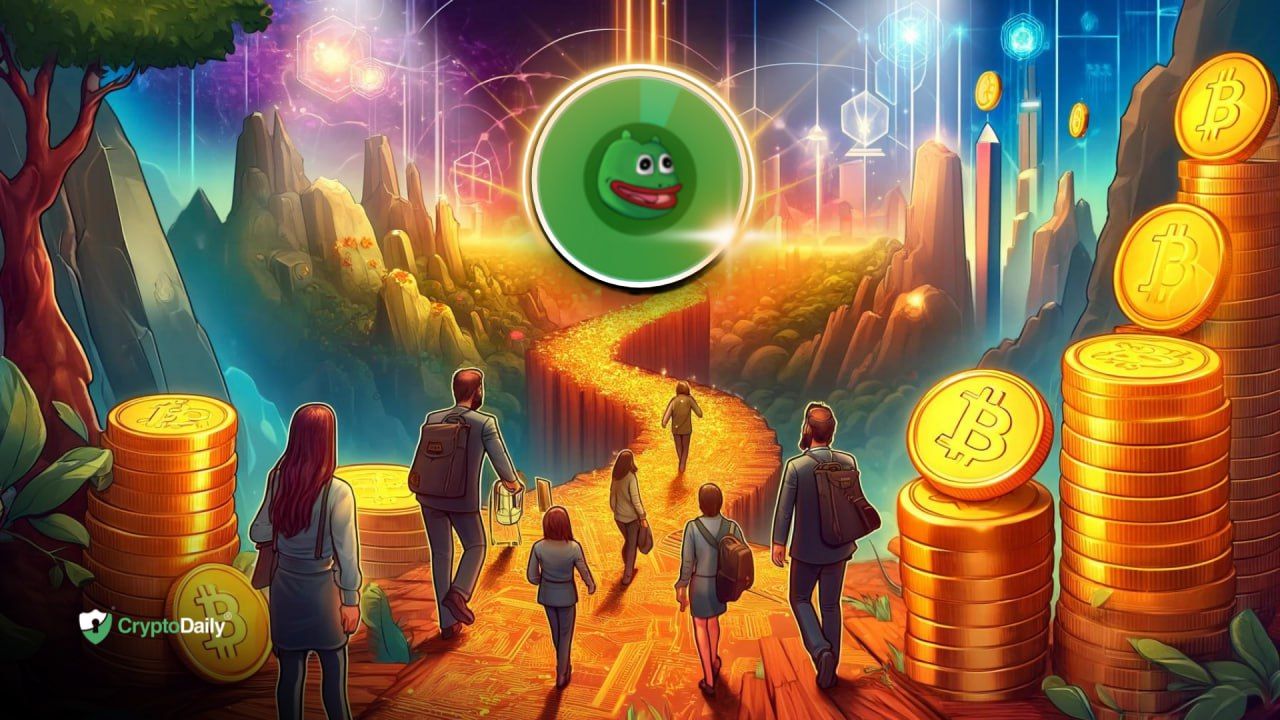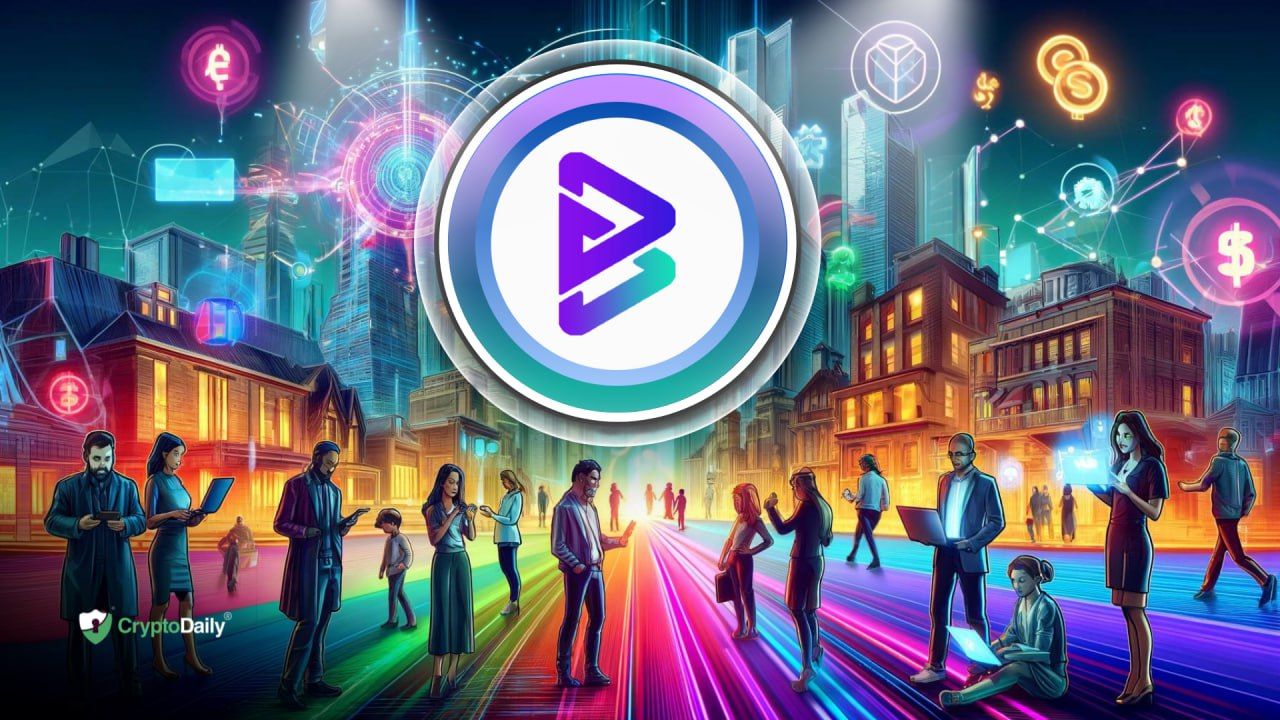Published
5 years ago on
November 05, 2018
Hundreds Of Homes Now Powered Through Ethereum Energy

An Ethereum project called Lition is helping German citizens find a cheaper source of energy. The project was started earlier in the year and has already licensed energy supplier in Germany with customers in over 12 major cities which includes Munich, Berlin and Hamburg who are now using its decentralised energy market. By utilising the Ethereum blockchain, the Lition market connects consumers straight to energy producers no matter the size. According to the company, there are overall, more than 700 homes across the country which are now using the decentralised platform to purchase their energy. Lition is now attempting to change how energy works all around the work with a concept which should be very familiar to fans of blockchain: bypassing unnecessary middlemen which means users will save money on energy. For the homes in question, an energy supplier sells the solar energy or electric energy to an intermediary and in most cases a big multi-international company. Customers will then proceed to purchase the energy from the intermediary.Despite this sounding ironclad, there is an issue. As said by the CEO of Lition, Richard Lohwasser, he believes that these multi-international intermediaries have too much influence and doesn’t give users enough choice in what type of energy they can buy. The Lition solution to this is to just axe them completely.Speaking to CoinDesk, Lohwasser said:"Usually buying directly from producers is limited to energy suppliers that are big corporations. We're bringing the exchange to the consumer, so consumers can pay for the energy they want."How could you cut out such big companies though?If you axe the middleman, that cuts costs and quite significantly at that. According to Lition, this saves the clients an average of 20 percent on their utility bills and surges the power plants revenue by around 30 percent. Despite Lition’s goal to keep energy green in order for it to be better for the environment, it is quite expensive. As the app demo shows, Lition users can choose from categories of biomass, wind and solar, then decide on which provider they would prefer to have (usually the cheapest according to Lohwasser).What are your thoughts? Let us know what you think down below in the comments!
Investment Disclaimer








